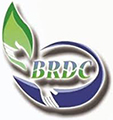Books
50 years world heritage Convention: Shared Responsibility – Conflict & Reconciliation
2022
Author(s): Albert MT, Bernecker R, Cave C, Prodan AC, Ripp M
This book identifies various forms of heritage destruction and analyses their causes. It proposes strategies for avoiding and solving conflicts, based on integrating heritage into the 2030 Agenda for Sustainable Development.
Traditional Ecological Knowledge of Resource Management in Asia
2023
Author(s): Rai SC, Mishra PK
This book highlights the different ways of traditional ecological knowledge (TEK) practices that conserve natural resources sustainably. Traditional ecological knowledge (TEK), along with synonymous or closely related terms like indigenous knowledge and native science, originates in the literature on international development and adaptive management.
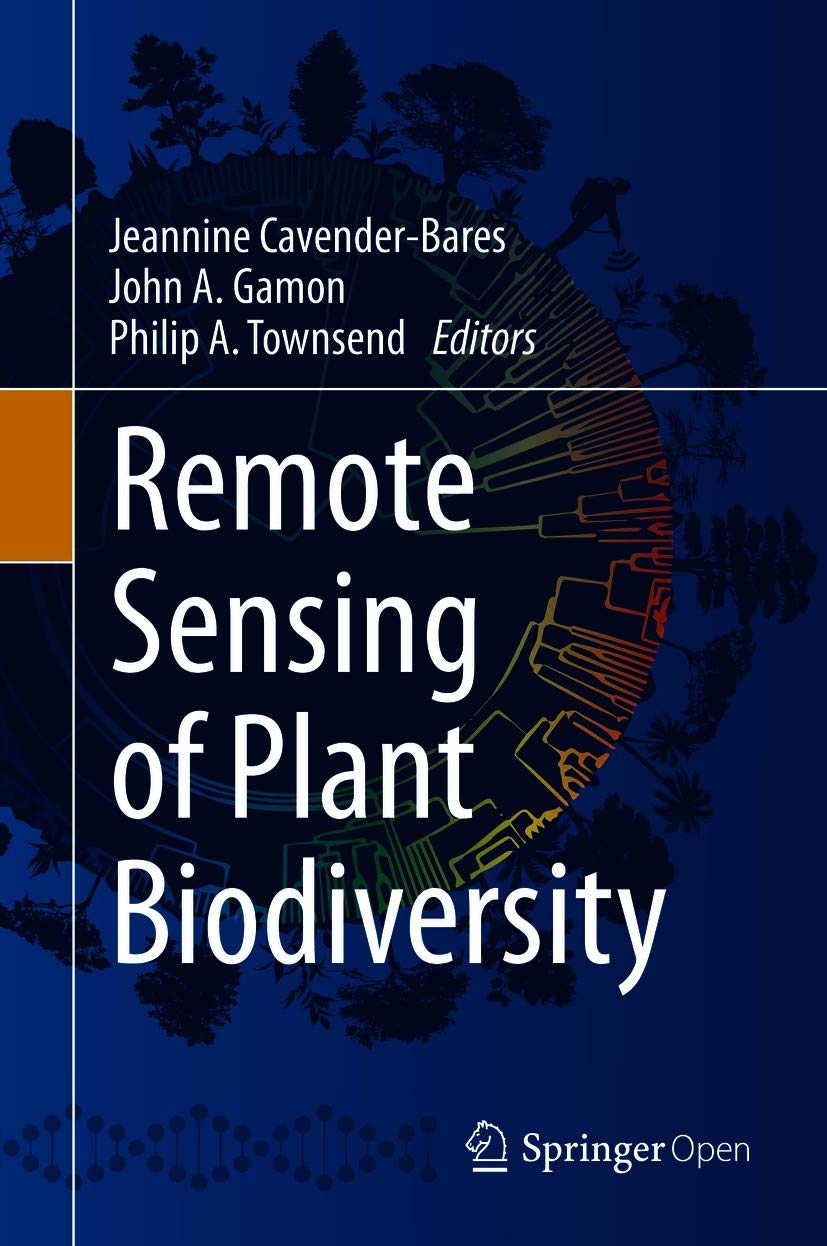
The book provides a framework for how biodiversity can be detected and evaluated focusing particularly on plants using proximal and remotely sensed hyperspectral data and other tools such as LiDAR.
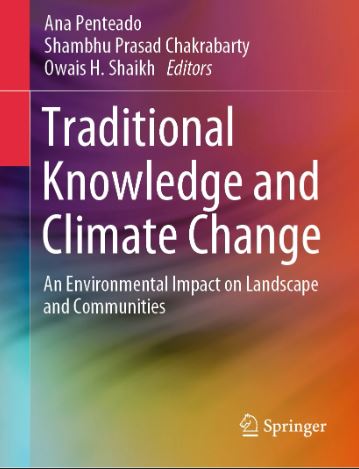
Traditional Knowledge and Climate Change: An Environmental Impact on Landscape and Communities
2024
Author(s): Penteado A, Chakrabarty SP, Shaikh OH
The book presents a timely overview of the applications of indigenous knowledge to climate challenge in the Global South. It provides real-life cases and practices from the Global South for better environmental management and analyses ways to implement UNFCCC, Nagoya Protocol, and other international instruments of interest
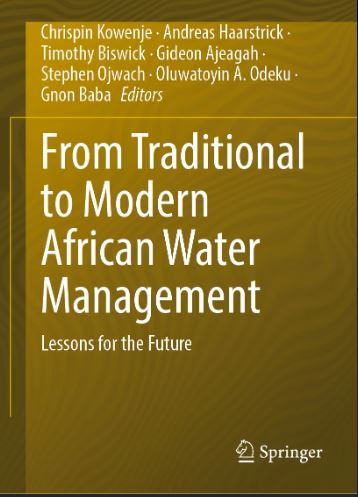
From Traditional to Modern African Water Management Lessons for the Future
2022
Author(s): Kowenje C, Haarstrick A, Biswick T, Ajeagah G, Ojwach S, Odeku O A, Baba G
This book preserves and scientifically interprets the African foreknowledge on water resources management. It offers insight into the relevance of the traditional knowledge and practices to modern approaches on sustainable water management. The African continent has partially preserved its natural habitat for centuries.
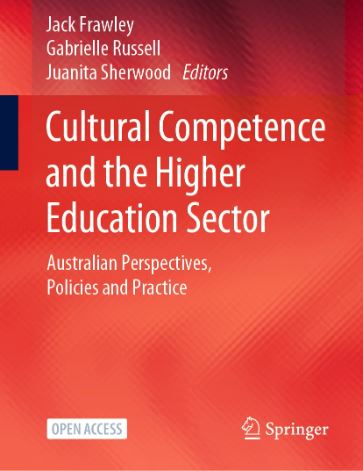
Cultural Competence and the Higher Education Sector: Australian Perspectives, Policies and Practice
2020
Author(s): Frawley J, Russell G, Sherwood J
This book explores cultural competence in the higher education sector from multi-disciplinary and inter-disciplinary perspectives. It addresses cultural competence in terms of leadership and the role of the higher education sector in cultural competence policy and practice.
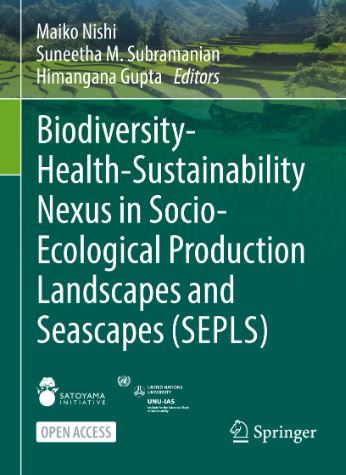
Biodiversity-Health-Sustainability Nexus in Socio-Ecological Production Landscapes and Seascapes (SEPLS)
2022
Author(s): Nishi M, Subramanian SM, Gupta H
This is an open access book. It is a compilation of case studies that provide useful knowledge and lessons that derive from on-the-ground activities and contribute to policy recommendations, focusing on the interlinkages between biodiversity and multiple dimensions of health (e.g., physical, mental, and spiritual) in managing socio-ecological production landscapes and seascapes (SEPLS).
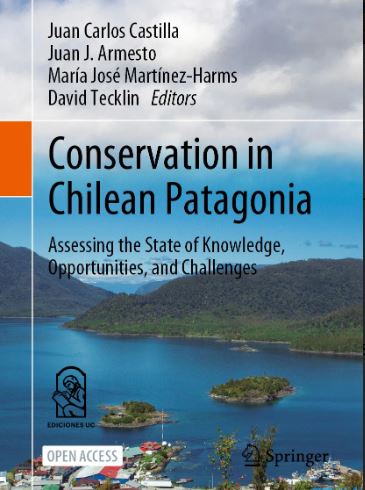
Conservation in Chilean Patagonia: Assessing the State of Knowledge, Opportunities, and Challenges
2023
Author(s): Castilla JC, Armesto Zamudio J J A, MartÃnez-Harms M J, Tecklin D
This book focus on the status of key ecosystems and conservation tools, and provide recommendations toward the construction of a renewed, inclusive, and integrated conservation agenda for the Chilean Patagonian region.
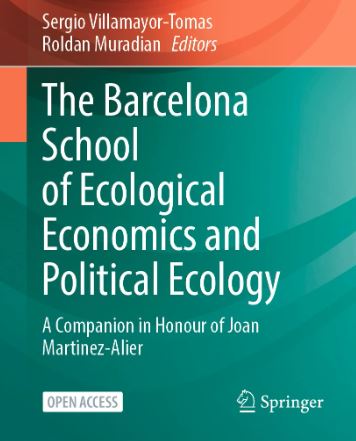
The Barcelona School of Ecological Economics and Political Ecology: A Companion in Honour of Joan Martinez-Alier
2023
Author(s): Villamayor-Tomas S, Muradian R
In this open access book, ecological economics and political ecology traditions converge into a single academic school. The book constitutes a common ground where multiple and critical voices are expressed, covering a broad scope of urgent matters at the crossroad between society, economy and the natural environment.
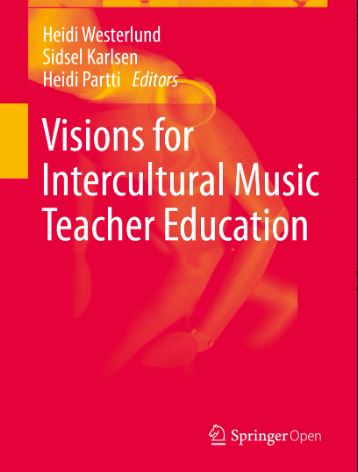
Visions for Intercultural Music Teacher Education
2020
Author(s): Westerlund H, Karlsen S, Partti H
This open access book highlights the importance of visions of alternative futures in music teacher education in a time of increasing societal complexity due to increased diversity. There are policies at every level to counter prejudice, increase opportunities, reduce inequalities, stimulate change in educational systems, and prevent and counter polarization.

